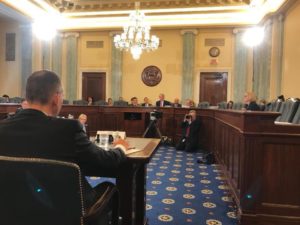I spent many years teaching entrepreneurship and innovation programs designed to develop great ideas and to also make these ideas reality. There are many important lessons learned from this that transcend into my work at NASA.
One of these skill sets is to talk about the work you do, to inform and also to gain support. I am on the receiving end of such pitches and I often wish that more people – especially technical and science experts – attended some of the type of classes that are typically part of the entrepreneurship programs.
Let me focus on the two mistakes that I see:
- The motivation and importance of the work is not clear
- The pitch does not consider who is listening
To address the first mistake requires that the the speaker knows “the why” behind the organization or the projects she/he works with, and how her/his work relates to their overall objectives. Without a good understanding of that, pretty much any subsequent explanation falls flat, unfortunately.
The second issue is about a lack of understanding of the recipient of the pitch. The level of detail, the level of jargon, etc., should adjust depending on whether you pitch to an entry-level employee or a senior executive, whether you pitch to a technical expert or a business-focused specialist.
Listen to these experts from NASA’s Glenn Research Center work on tough engineering problems, but they manage to bring across to me why their work matters to NASA, and I would like to learn more about each and everyone of them.
Amjad Almansour, Materials Science Researcher at NASA’s Glenn Research Center.
Taylor Pember, Data Systems Engineer at NASA’s Glenn Research Center.
John Wang, Computer Engineer at NASA’s Glenn Research Center.
Ariel Dimston, Materials Engineer at NASA’s Glenn Research Center.

